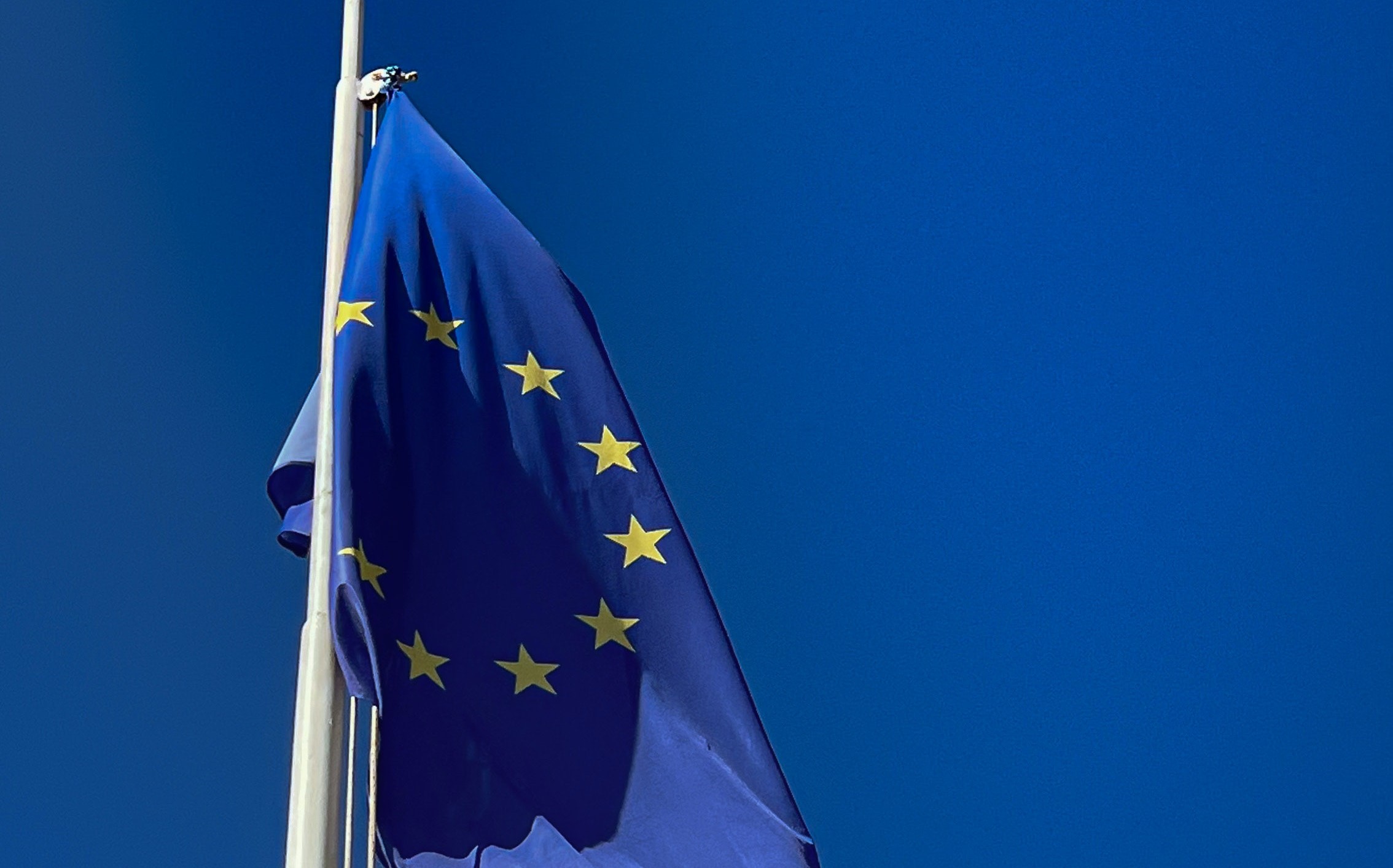
The Recovery, Transformation and Resilience Plan (PRTR) is the framework that allows the mobilization of resources corresponding to Spain within the RRM (EU Recovery and Resilience Mechanism, belonging to the NextGenerationEU program, approved in June 2020 as a response to the crisis caused by the coronavirus pandemic). The PRTR’s starting envelope was €70 billion, all of it in non-repayable grants. In June 2023, the Government approved and submitted to the European Commission the proposed Addendum (or Annex to the PRTR), to give continuity to the objectives of the PRTR in terms of green and digital transition and placing special emphasis on Spain’s strategic autonomy. On October 2, the Addendum to the Recovery, Transformation and Resilience Plan (PRTR) was approved by the European Commission (EC). The EU Council has a period of one month for its final ratification.
The submission of addenda to the national recovery plans was foreseen from the outset in the RRM regulation, in order to be able to incorporate additional funds arising from the recalculation of the impact of the pandemic on the economy, on the one hand, and, on the other, from the decision to apply for loans (which Spain did not carry out for the original PRTR). To date, in addition to Spain, all member states have already submitted their Addenda, of which 7 have been ratified by the Council and another 6 have been approved, for the time being, only by the Commission.
Among the measures adopted under the Spanish Addendum, the following key ones stand out:
1. 93.5 billion euros of additional funds are finally included, made up of grants (10.3 billion euros) and loans (83.2 billion euros).
2. To the 295 milestones and targets of the pending disbursements, the 179 new ones of the PRTR Addendum are added, so that the final Plan has a total of 595 milestones and targets, of which a total of 474 remain associated with 7 pending disbursements.
3. There have been in 42 cases of schedule adjustments, of which 2 milestones and 28 targets planned in the original schedule for 2023 have been delayed, and 9 changes in ambition.
4. Implementation timelines for sustainability-related projects managed by public entities will be allowed to be extended beyond 2026.
In addition to summarizing the aspects related to the distribution of the new funds of the Addendum (details about the distribution of allocations of the Addendum can be found in the Alert prepared by LLYC’s Next Generation EU team, here), this Technical Note focuses on detailing other relevant novelties of the Addendum approved by the European Commission, such as the new reforms and investments it incorporates, as well as the modifications of reforms and investments foreseen in the original PRTR, the updated disbursement schedule or the extension of deadlines for the fulfillment of some milestones and objectives.
Paloma Baena
Mr Director European Affairs | Next Generation EU
.
She is an expert in sustainability, governance, digitalization and public policy. Master’s degree in public administration and international development from Harvard University. She holds a degree in International Law from l’Université d’Aix-Marseille III. She has been Senior Public Governance Specialist at the Inter-American Development Bank, Deputy Division Chief at the OECD, global director of governance at Save the Children International and VP of Strategic Alliances and Policy at Clarity AI. She is a member of the advisory board of ADEVINTA Spain and a trustee of the Robert F. Kennedy Human Rights Foundation. She is an adjunct professor at IE School of Global and Public Affairs.


